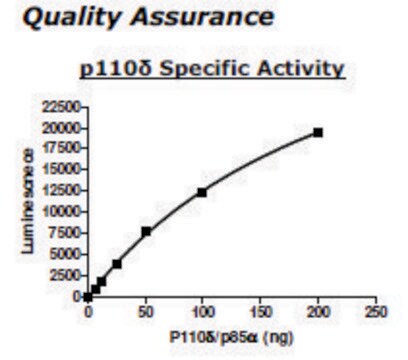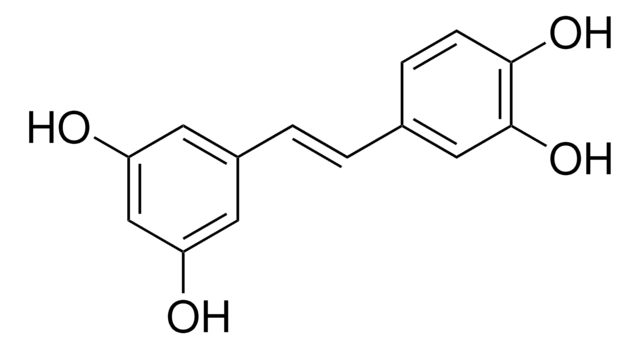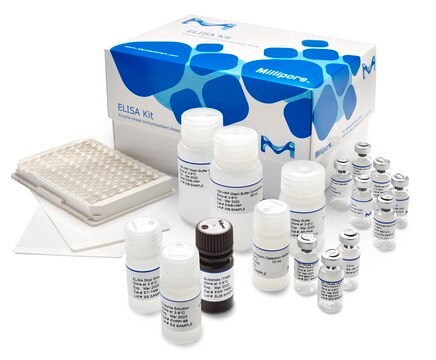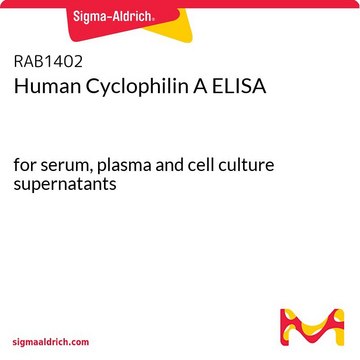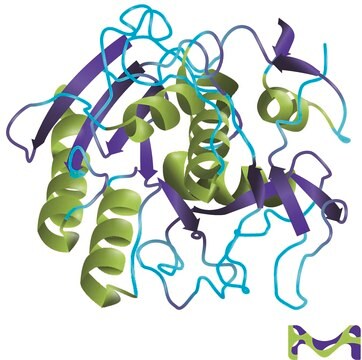Wichtige Dokumente
P8615
Phosphoinositide 3-kinase p110γ human
≥95% (SDS-PAGE), recombinant, expressed in baculovirus infected insect cells, buffered aqueous glycerol solution
Synonym(e):
PI3K p110γ human, Phosphatidylinositol 3-kinase p110γ human
About This Item
Empfohlene Produkte
Rekombinant
expressed in baculovirus infected insect cells
Qualitätsniveau
Assay
≥95% (SDS-PAGE)
Form
buffered aqueous glycerol solution
Spezifische Aktivität
~4.5 units/mg protein
UniProt-Hinterlegungsnummer
Versandbedingung
dry ice
Lagertemp.
−70°C
Angaben zum Gen
human ... PIK3CG(5294)
Allgemeine Beschreibung
Biochem./physiol. Wirkung
Einheitendefinition
Physikalische Form
Lagerklassenschlüssel
10 - Combustible liquids
WGK
WGK 1
Flammpunkt (°F)
Not applicable
Flammpunkt (°C)
Not applicable
Hier finden Sie alle aktuellen Versionen:
Besitzen Sie dieses Produkt bereits?
In der Dokumentenbibliothek finden Sie die Dokumentation zu den Produkten, die Sie kürzlich erworben haben.
Artikel
Glucose metabolism is regulated by the opposing actions of insulin and glucagon. Insulin is released from pancreatic ß cells in response to high blood glucose levels and regulates glucose metabolism through its actions on muscle, liver, and adipose tissue.
We present an article about how proliferating cells require the biosynthesis of structural components for biomass production and for genomic replication.
Unser Team von Wissenschaftlern verfügt über Erfahrung in allen Forschungsbereichen einschließlich Life Science, Materialwissenschaften, chemischer Synthese, Chromatographie, Analytik und vielen mehr..
Setzen Sie sich mit dem technischen Dienst in Verbindung.